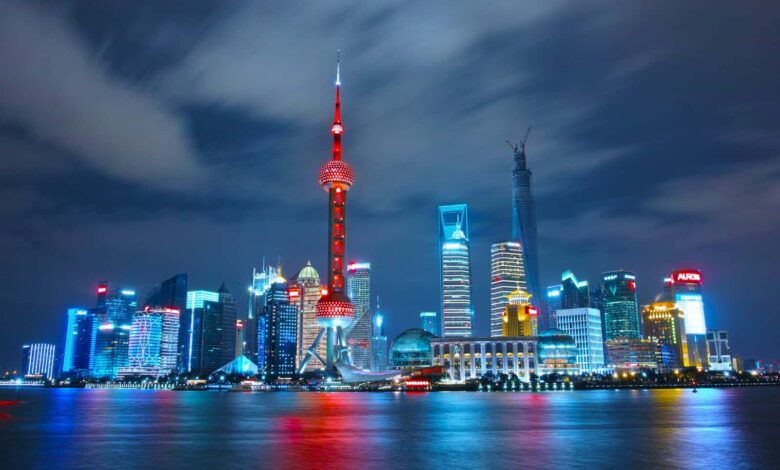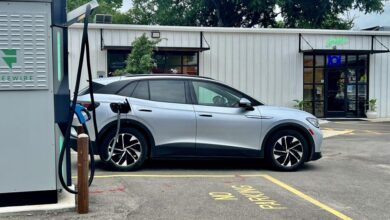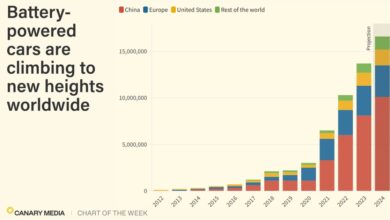US Plans Tariffs on Chinese Electric Vehicles

As soon as next week, the Biden administration intends to announce new tariffs on Chinese electric vehicles (EVs), possibly reaching 100%, along with additional import taxes on various Chinese clean energy goods, including semiconductors. The plans for these tariffs are susceptible to being changed.
These tariffs stem from a review initiated during the Trump administration, examining levies on over $300 billion worth of Chinese imports. While most of Trump’s tariffs are set to remain, President Biden plans to expand tariffs into areas supported by his recent legislation, such as the Inflation Reduction Act.
This move aims to safeguard American manufacturing interests, amidst concerns that China’s competitive pricing may undermine US efforts to boost domestic clean energy production.
The decision reflects Biden’s desire to demonstrate toughness on trade with China, especially in key battleground states. The Biden administration seeks to address concerns over China’s increasing production of goods that align with US strategic priorities, such as electric vehicles, lithium batteries, and solar panels, which could undermine American manufacturing efforts.
Particularly targeted are Chinese EVs, currently facing a 25% tariff, which could potentially rise to 100%. Biden has previously cited national security risks associated with Chinese EVs and has taken steps to restrict their entry into the US.
The scale and scope of these tariffs remain uncertain, though they are anticipated to encompass Chinese electric vehicles, batteries, and solar products. However, traditional gasoline-powered cars made in China may be exempt from these measures.
The proposed tariffs also include levies on semiconductors, aligning with Biden’s broader efforts to bolster domestic chip manufacturing. Some Democratic lawmakers have advocated for more aggressive measures, urging bans on Chinese EV imports, citing threats to American automakers.
Meanwhile, the solar industry has pressed for tariffs on Chinese imports due to a significant drop in solar panel prices, fueled by cheap Chinese products flooding the market.
The Biden administration’s move has elicited criticism from Beijing, which views such tariffs as violations of international trade rules.



